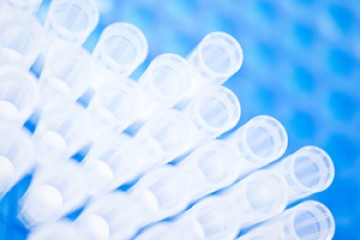Project grant
Human stem cell derived neurones and astrocytes as an in vitro model of human prion infection and replication

At a glance
Completed
Award date
October 2015 - September 2017
Grant amount
£268,680
Principal investigator
Professor Siddharthan Chandran
Co-investigator(s)
Institute
University of Edinburgh
R
- Replacement
NC3Rs gateway article
View the grant profile on GtR
